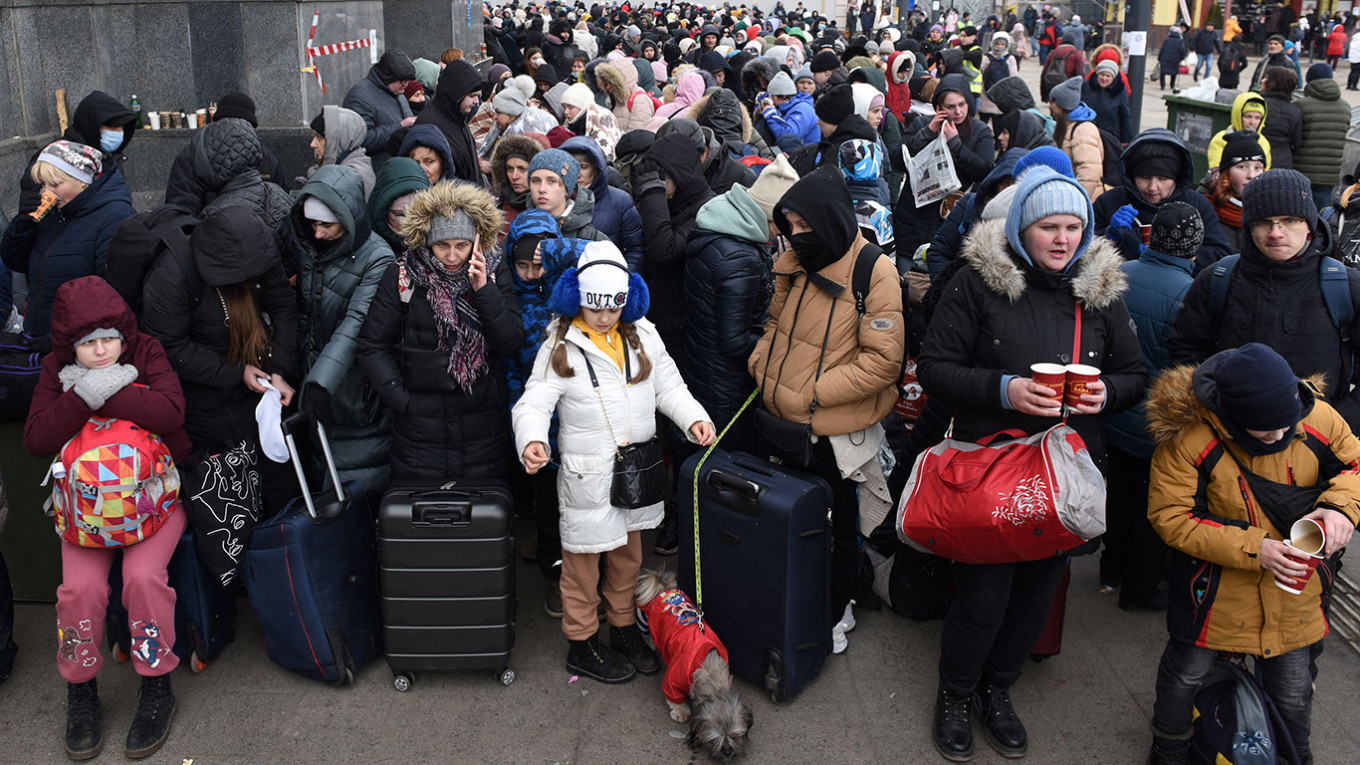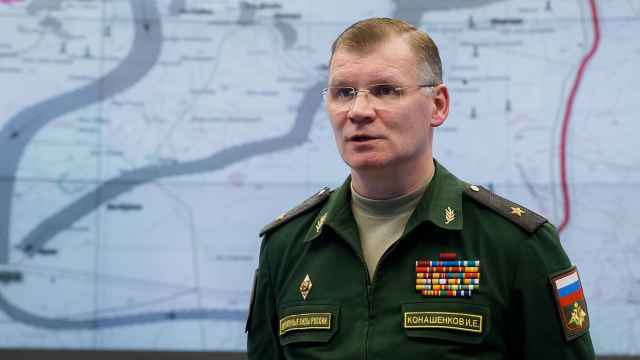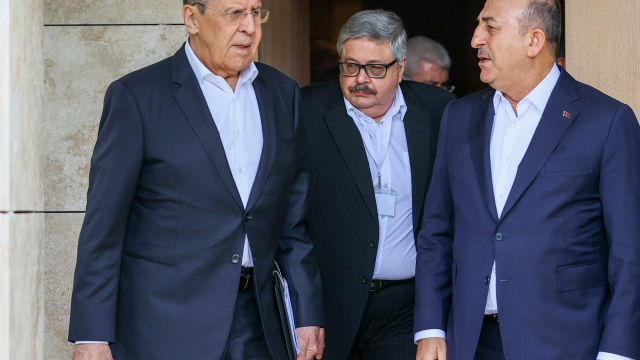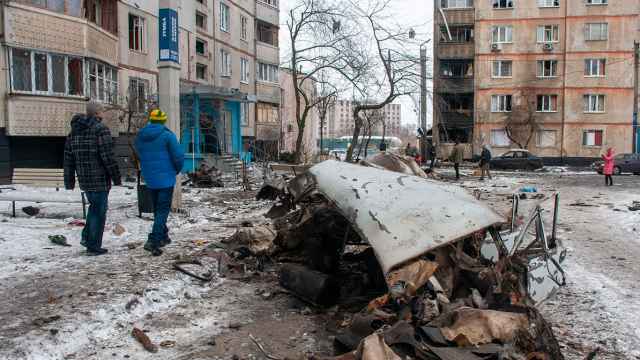More than 1.7 million people have fled Ukraine since Russia launched its full-scale invasion on Feb. 24, according to the latest data from the United Nations on Monday.
1,735,068 refugees
UNHCR, the UN Refugee Agency, recorded 1,735,068 refugees on its dedicated website, just over 200,000 more than the previous count on Sunday.
UNICEF, the UN children's agency, believes around half of them are youngsters.
Authorities and the UN expect the flow to intensify as the Russian army advances deeper into Ukraine, particularly as it approaches the capital, Kyiv.
More than 37 million people lived under the Kyiv government's control before last week's invasion.
"The military offensive in Ukraine has caused destruction of civilian infrastructure and civilian casualties and has forced people to flee their homes seeking safety, protection and assistance," UNHCR says.
The agency projects that as the conflict unfolds, "an estimated four million people may flee Ukraine," noting that many people were also displaced from their homes within the country.
Here is a breakdown of where the people who fled across Ukraine's borders now find themselves, according to the UN Refugee Agency:
Poland
Six in 10 of those who have fled Ukraine are now in Poland. The UNCHR's figures published Monday said 1,027,603 refugees were now in Ukraine's biggest western neighbour.
The number swelled by 142,300 in 24 hours.
Polish border guards on Sunday said the total figure represented "a million human tragedies."
Poland has championed the cause of Ukrainian refugees. The government has set up reception centres and charities have mobilised in a massive aid effort, helped by the estimated 1.5 million Ukrainians already living in the EU member state.
Hungary
Some 180,163 refugees are now in Hungary — 10% of the total who have fled Ukraine. The number was up 11,110 on Sunday's figure.
The country has five border crossings with Ukraine and several border towns, including Zahony, have turned public buildings into relief centers, where Hungarian civilians are offering food or assistance.
Slovakia
Across Ukraine's shortest border, some 128,169 refugees are now in Slovakia, around 7% of the total.
Moldova
Some 82,762 refugees are now in Moldova, though many thousands more have passed through the non-EU state on their way to other countries — hence the number is down 1,305 since Sunday.
According to the UNHCR, many refugees are continuing on to Romania or Hungary, often to reunite with family.
Prime Minister Natalia Gavrilita said Sunday that more than 230,000 people have crossed the border from Ukraine.
US Secretary of State Antony Blinken visited Moldova on Sunday and Gavrilita urged Washington to provide more humanitarian aid to help her country of 2.6 million, one of Europe's poorest, cope with the influx.
Romania
Some 78,977 refugees from Ukraine are now in Romania.
Two camps have been set up, one in Sighetu Marmatiei and the other in Siret.
Elsewhere in Europe
UNHCR said that 183,688 people, having crossed Ukraine's borders into neighbouring nations, had now moved on to other European countries.
Russia
UNHCR's latest figure for the number of refugees who have crossed Ukraine's longest border into Russia since the invasion, compiled up to the end of Thursday, is 53,000.
UNHCR notes that an additional 96,000 people moved to Russia from the separatist eastern Donetsk and Luhansk regions between February 18 and 23, in the days before the Russian invasion.
Belarus
Some 406 refugees had made it to Belarus, according to the latest UNCHR tally for the country, compiled up to the end of Friday.
A Message from The Moscow Times:
Dear readers,
We are facing unprecedented challenges. Russia's Prosecutor General's Office has designated The Moscow Times as an "undesirable" organization, criminalizing our work and putting our staff at risk of prosecution. This follows our earlier unjust labeling as a "foreign agent."
These actions are direct attempts to silence independent journalism in Russia. The authorities claim our work "discredits the decisions of the Russian leadership." We see things differently: we strive to provide accurate, unbiased reporting on Russia.
We, the journalists of The Moscow Times, refuse to be silenced. But to continue our work, we need your help.
Your support, no matter how small, makes a world of difference. If you can, please support us monthly starting from just $2. It's quick to set up, and every contribution makes a significant impact.
By supporting The Moscow Times, you're defending open, independent journalism in the face of repression. Thank you for standing with us.
Remind me later.






